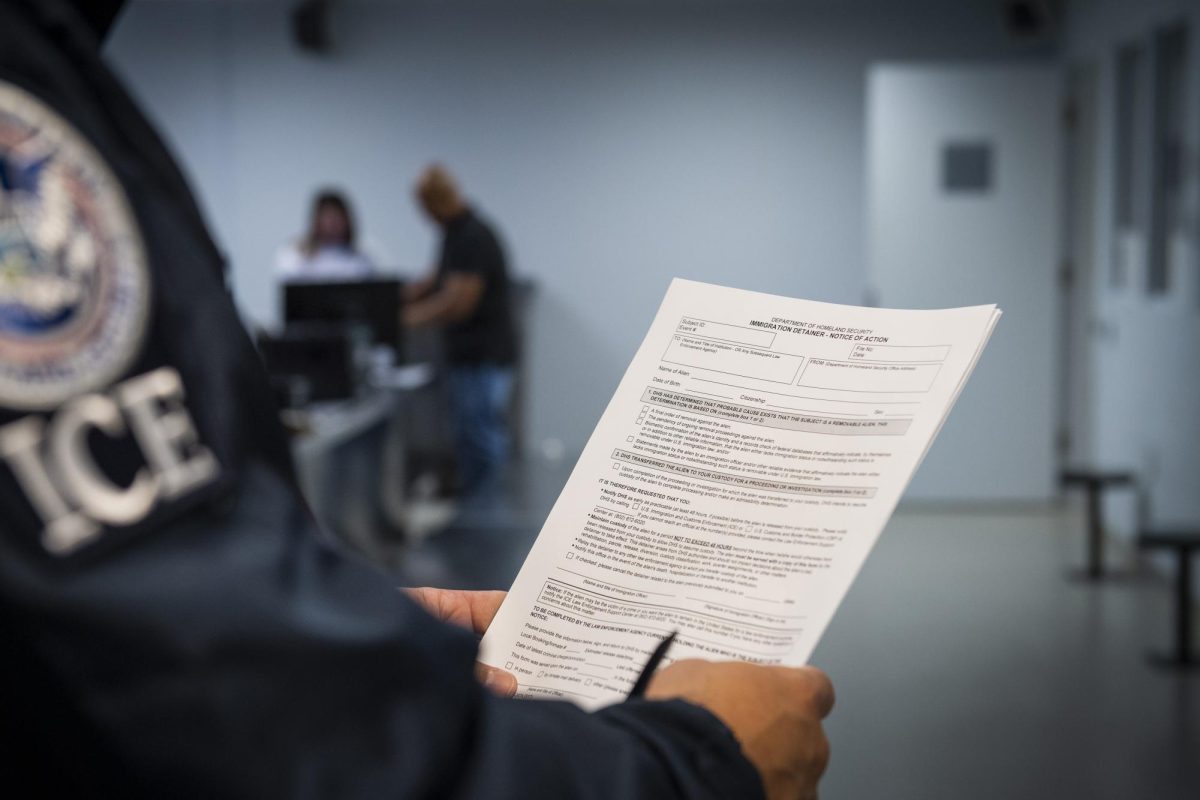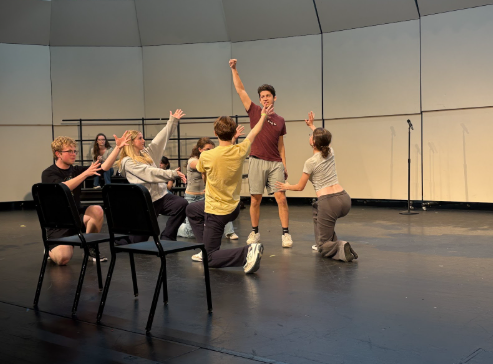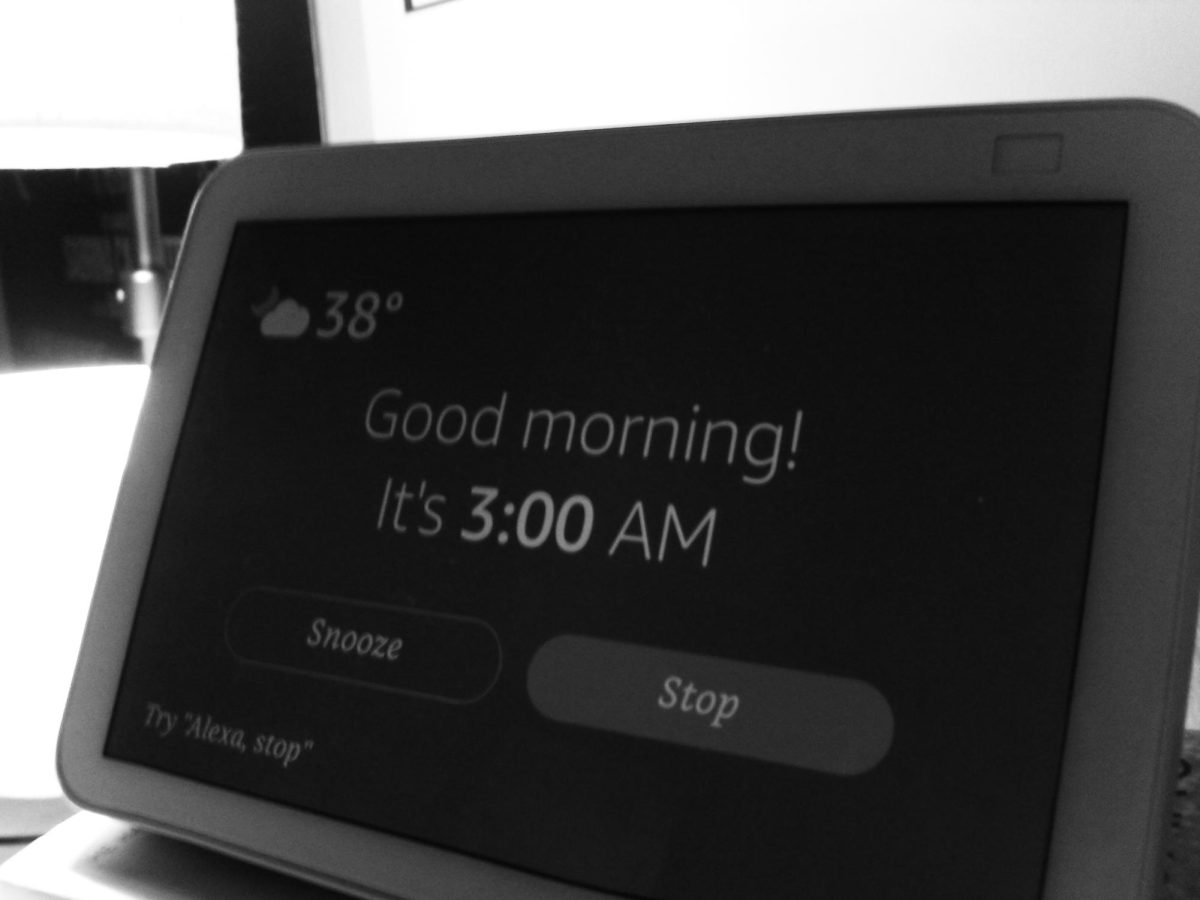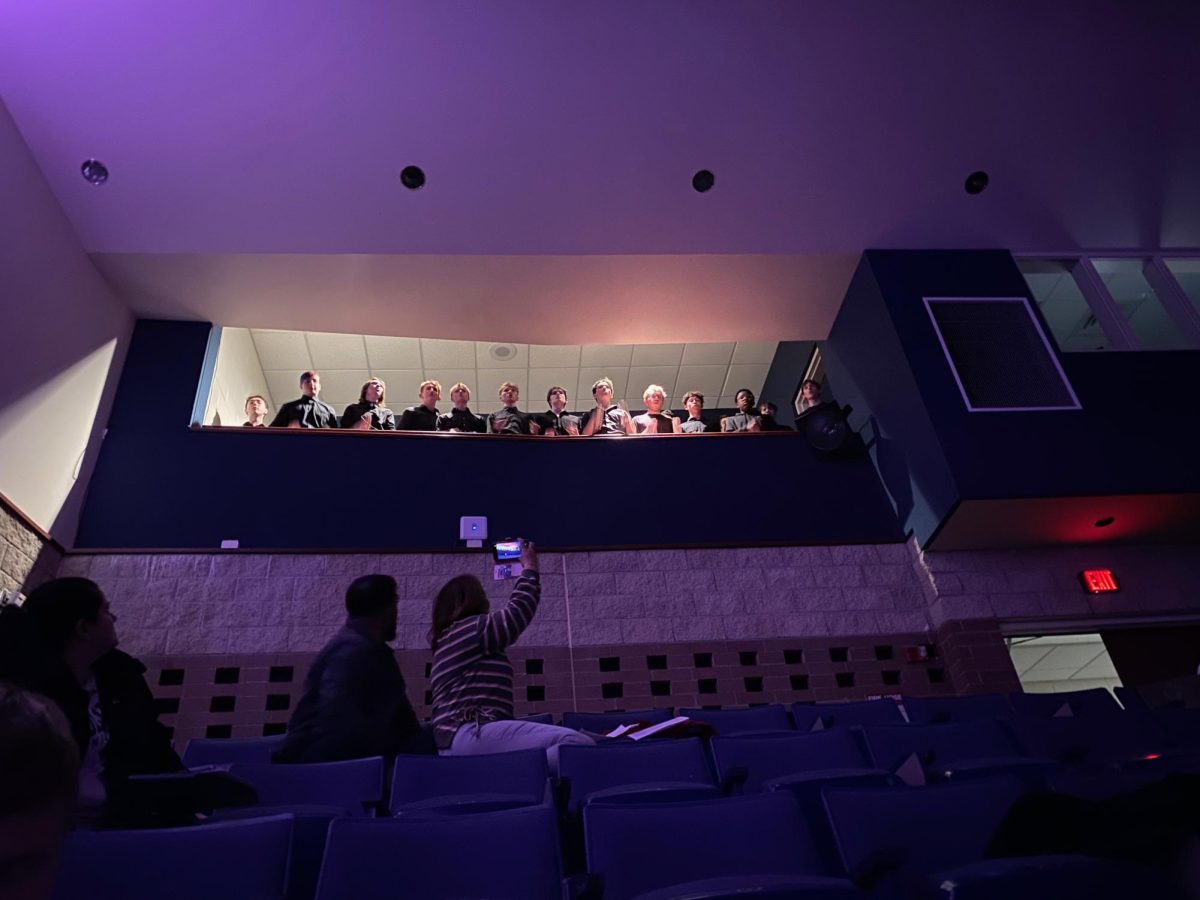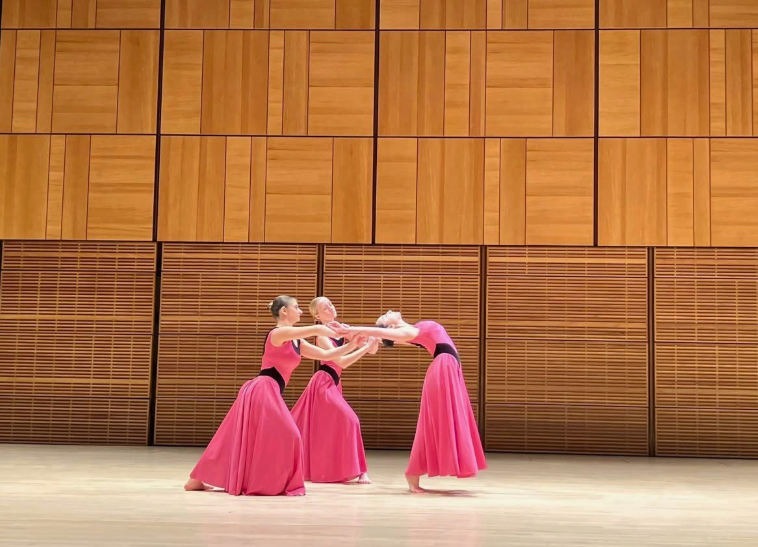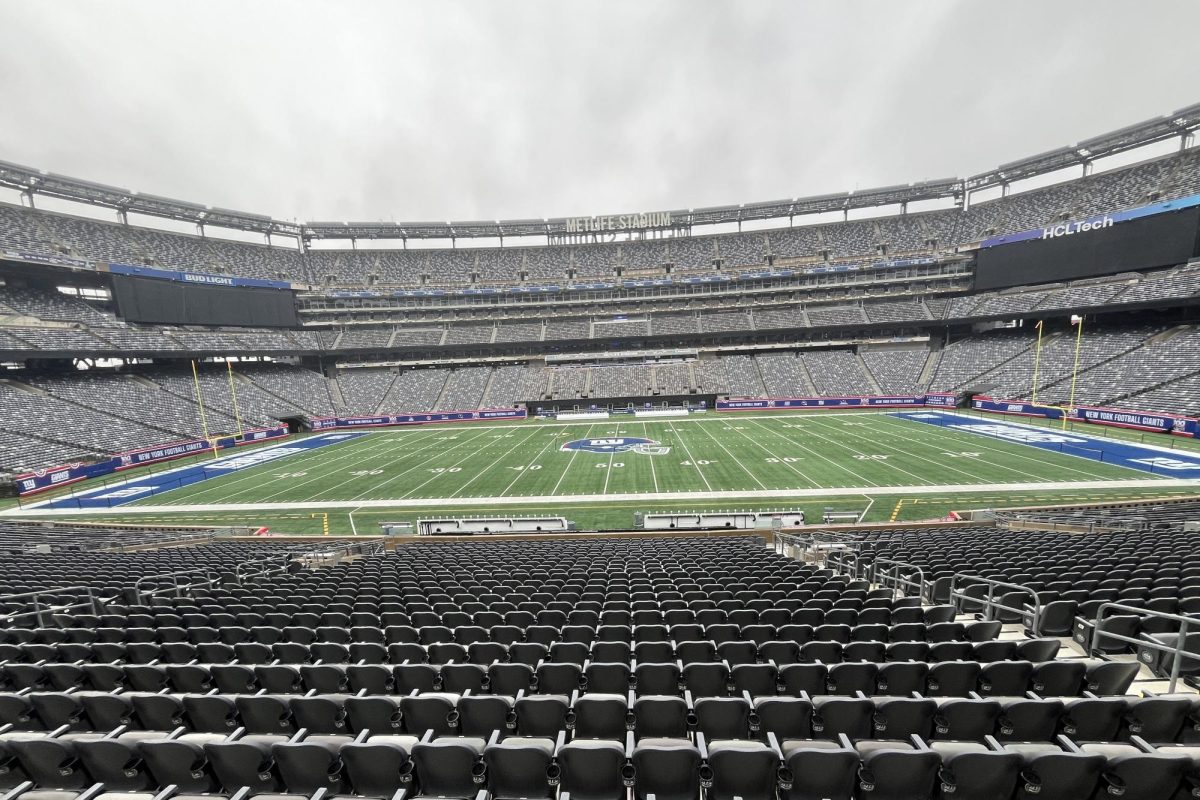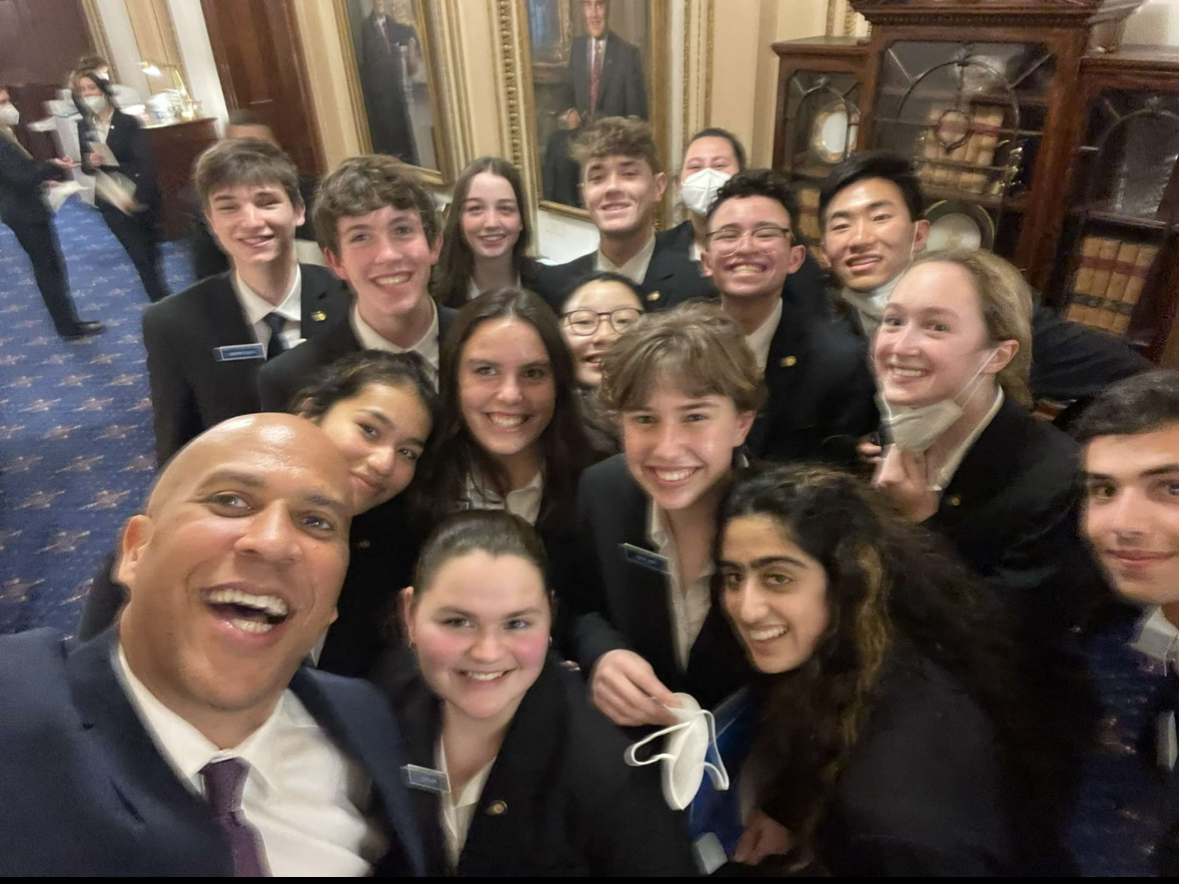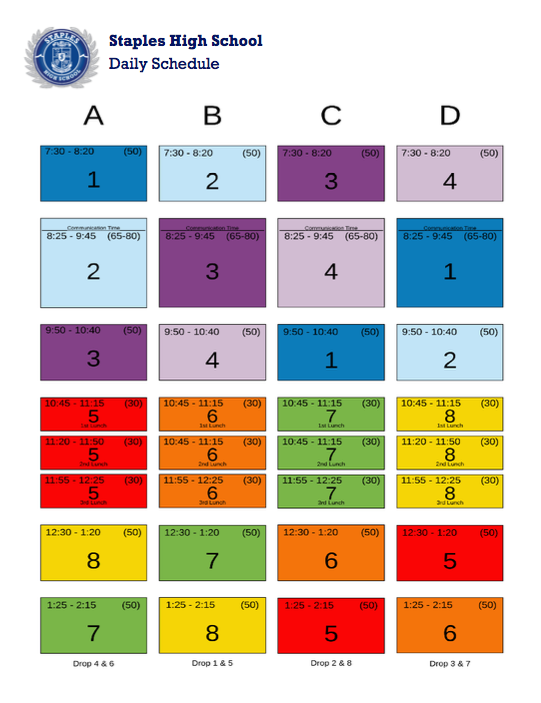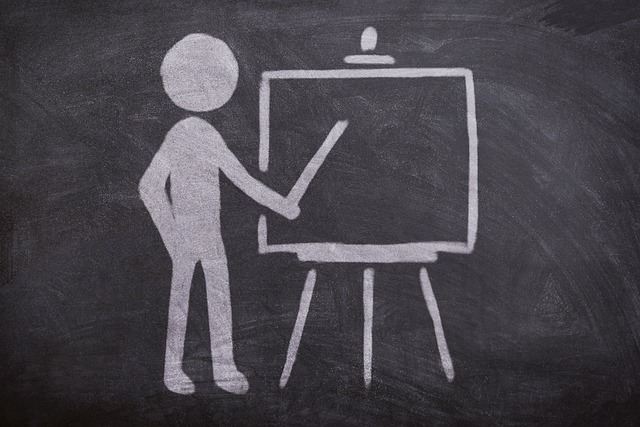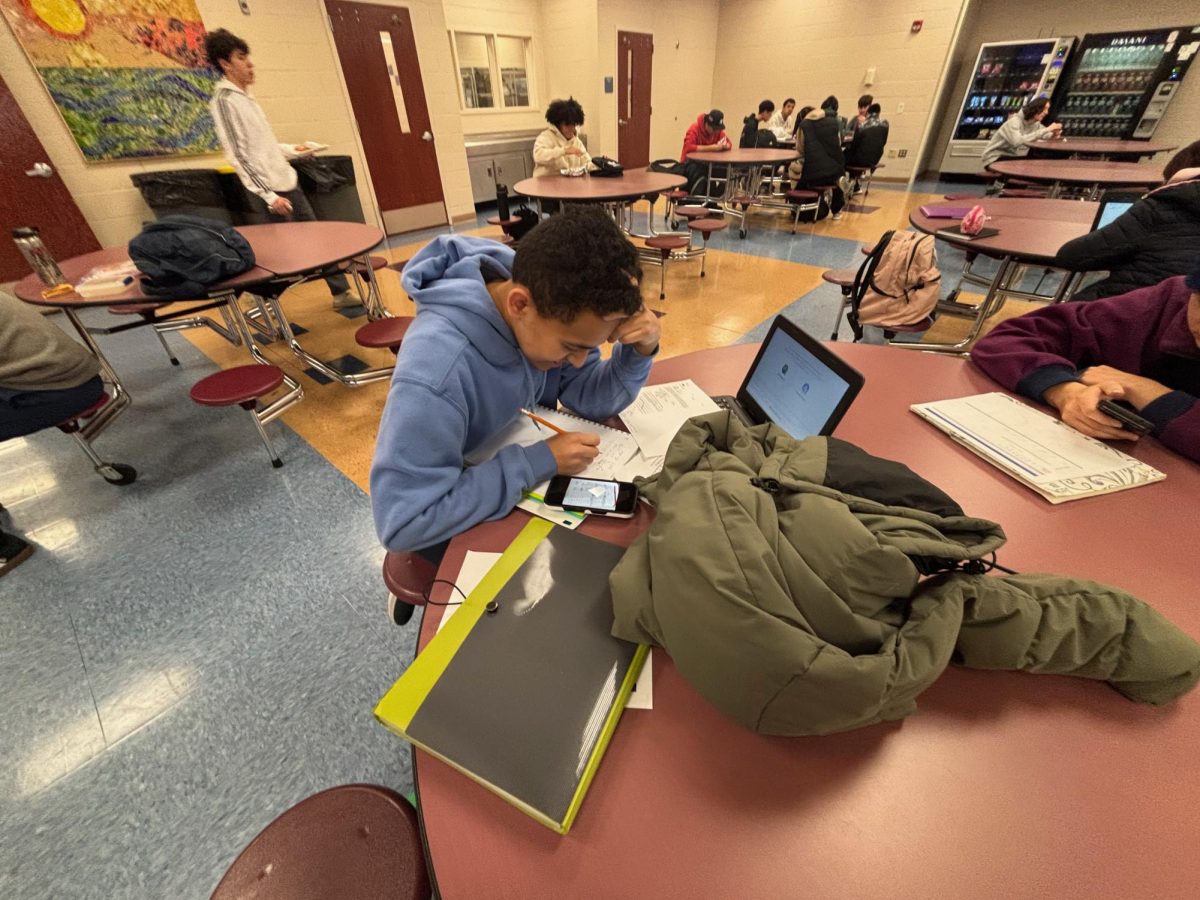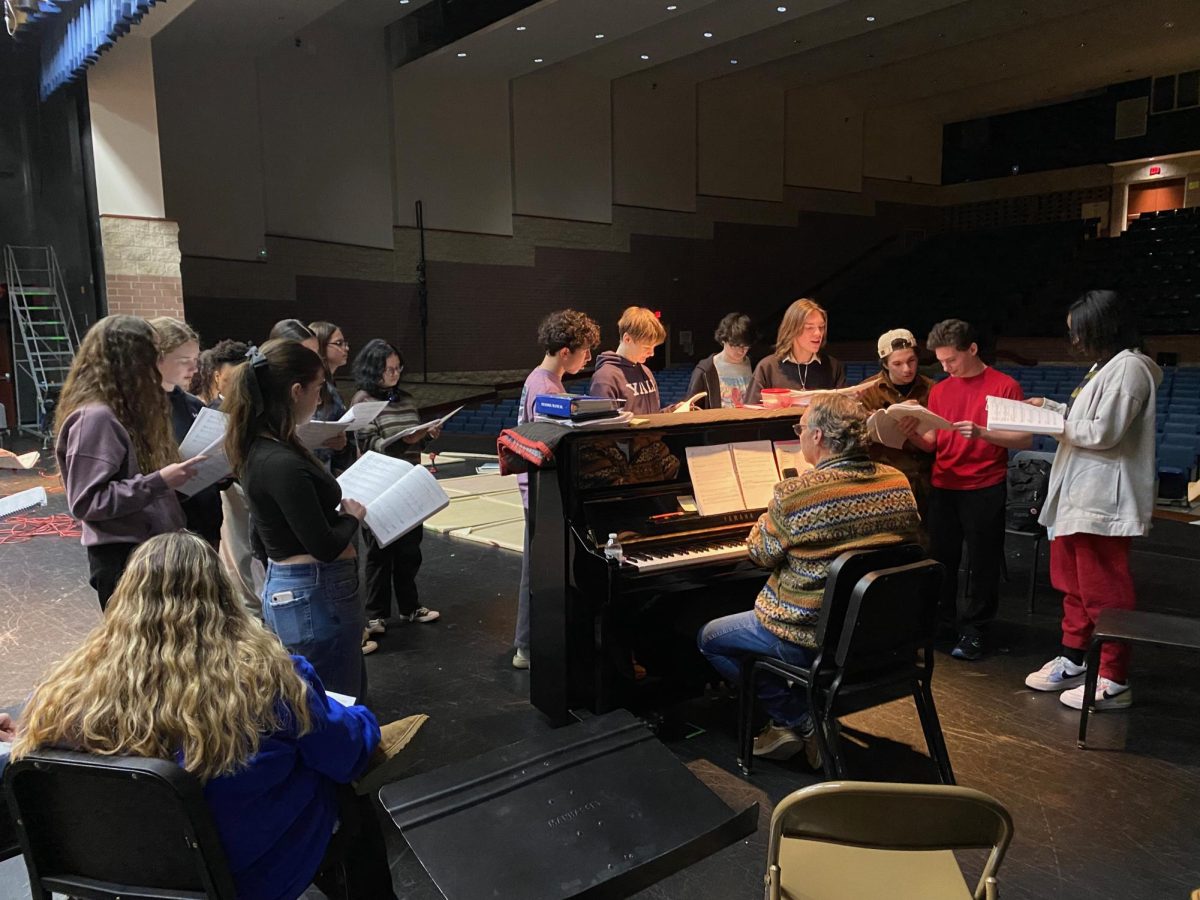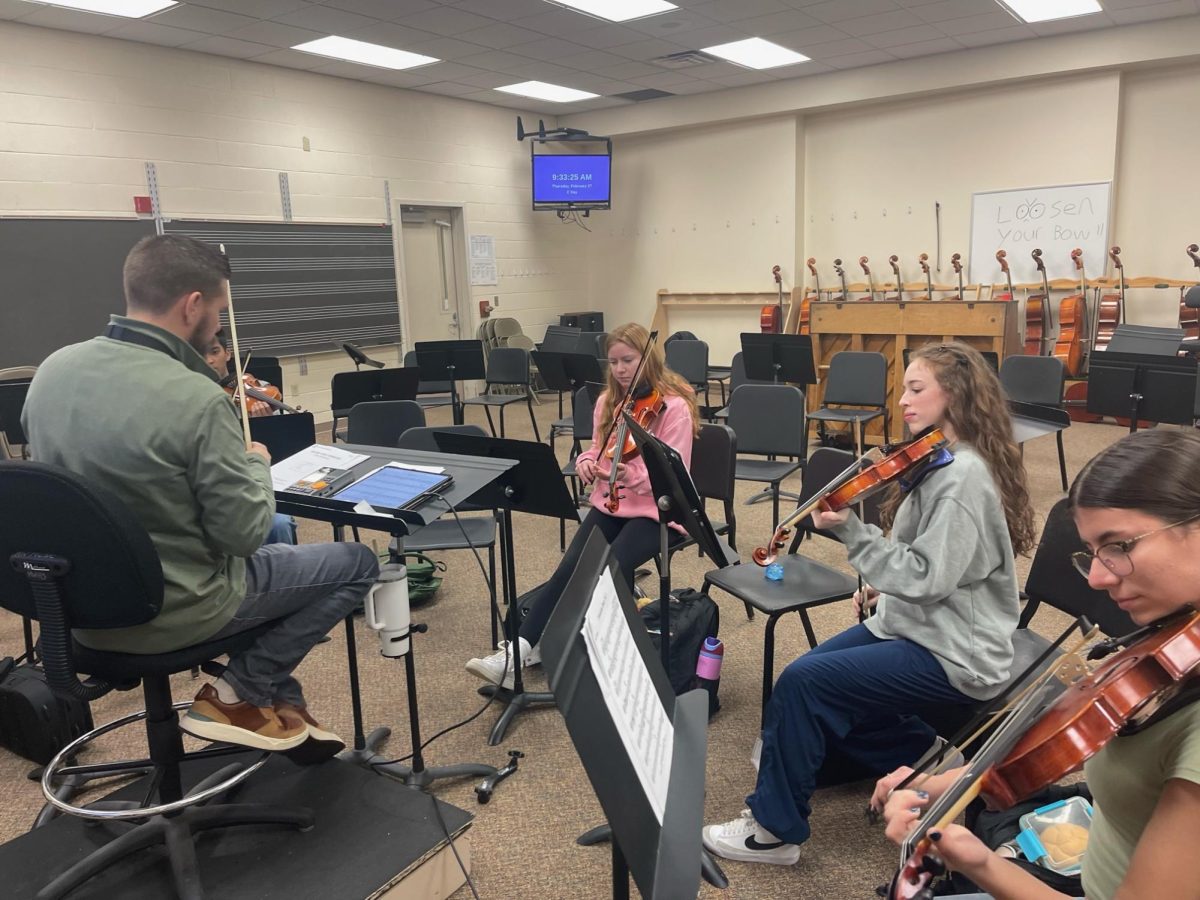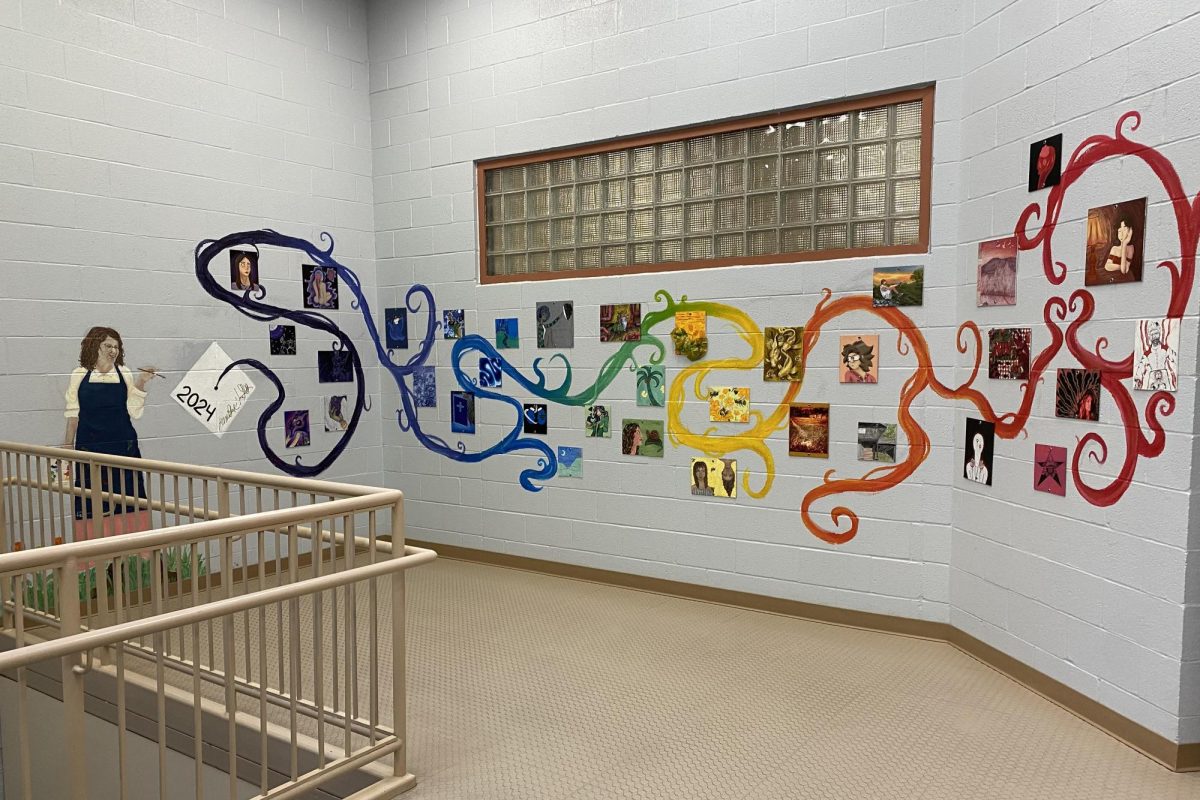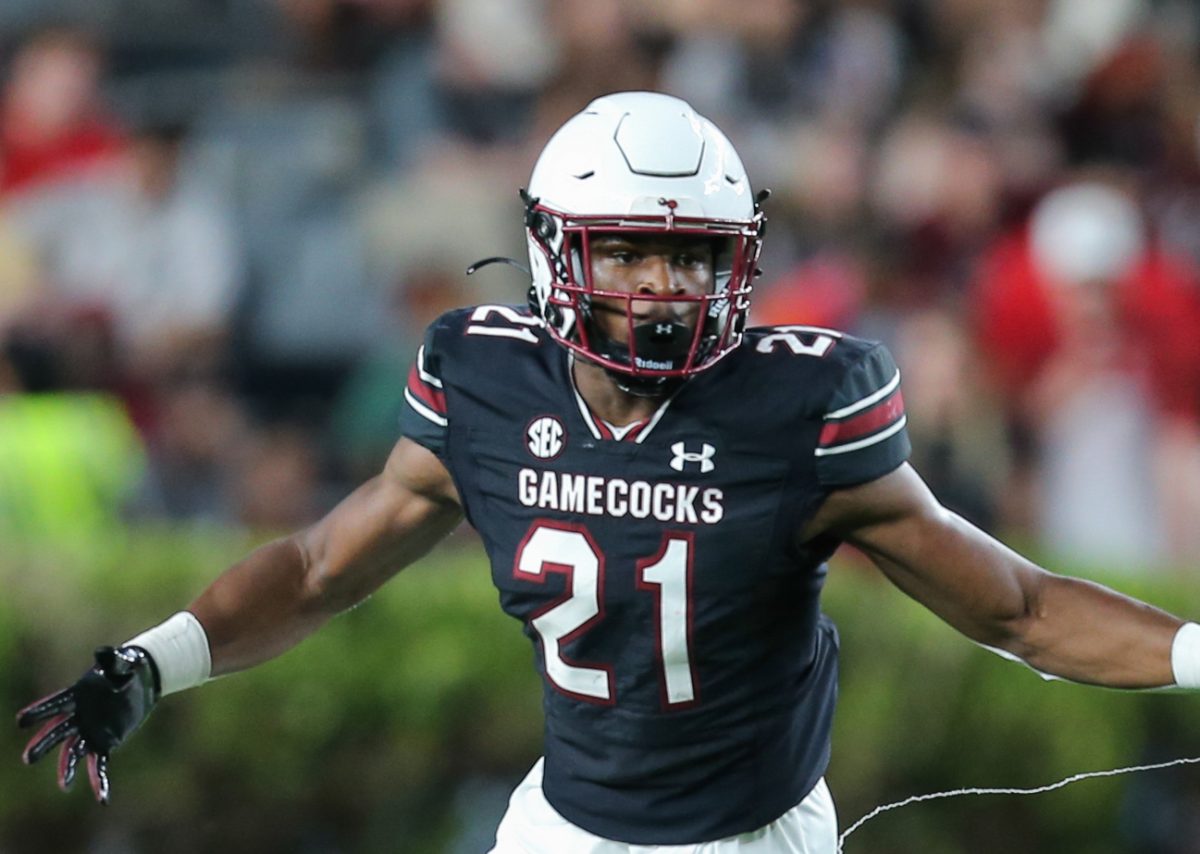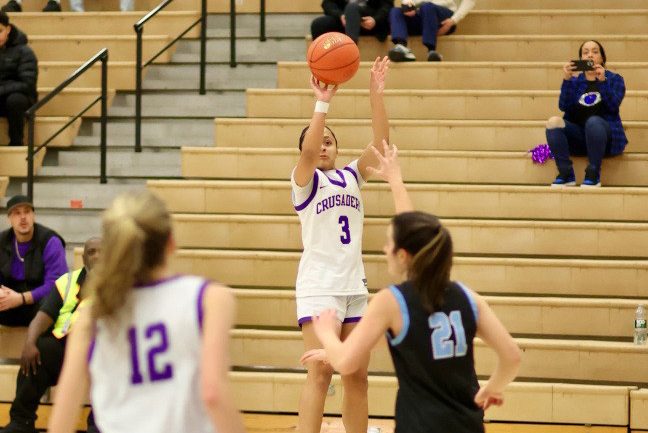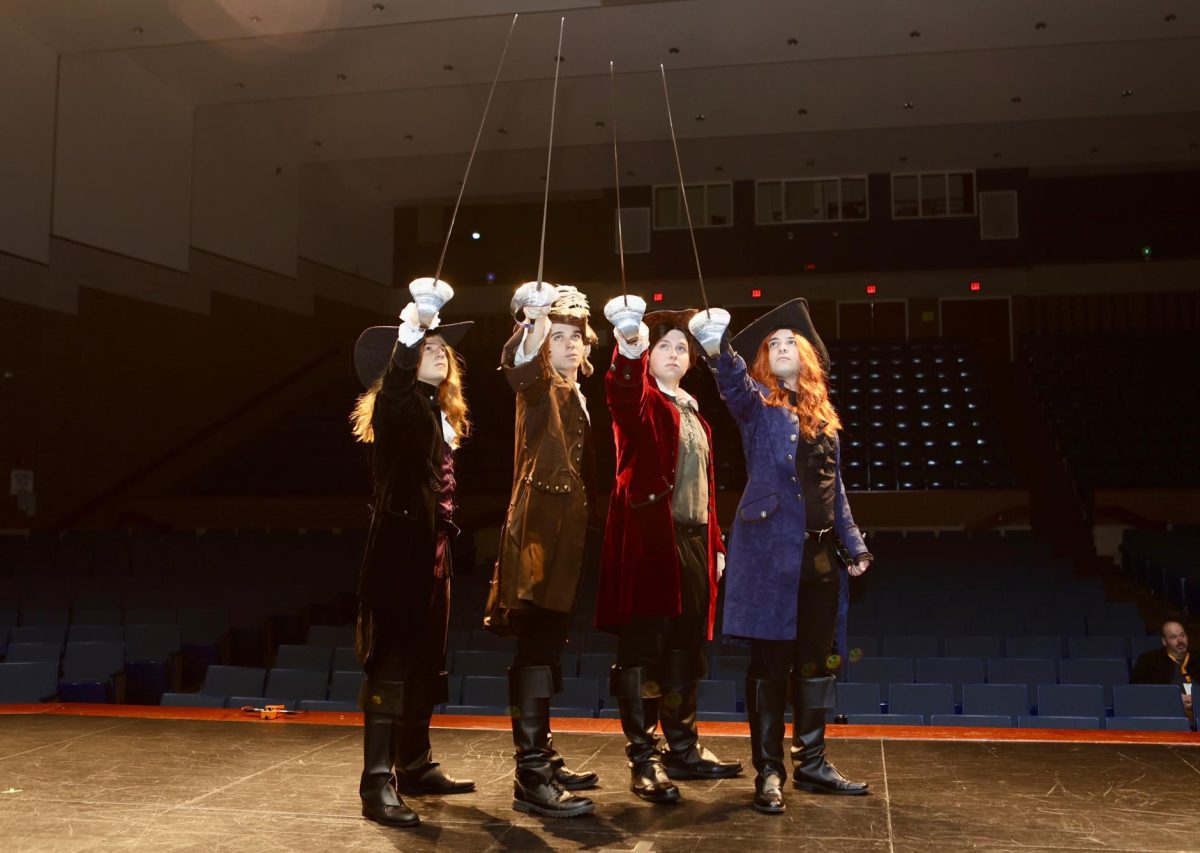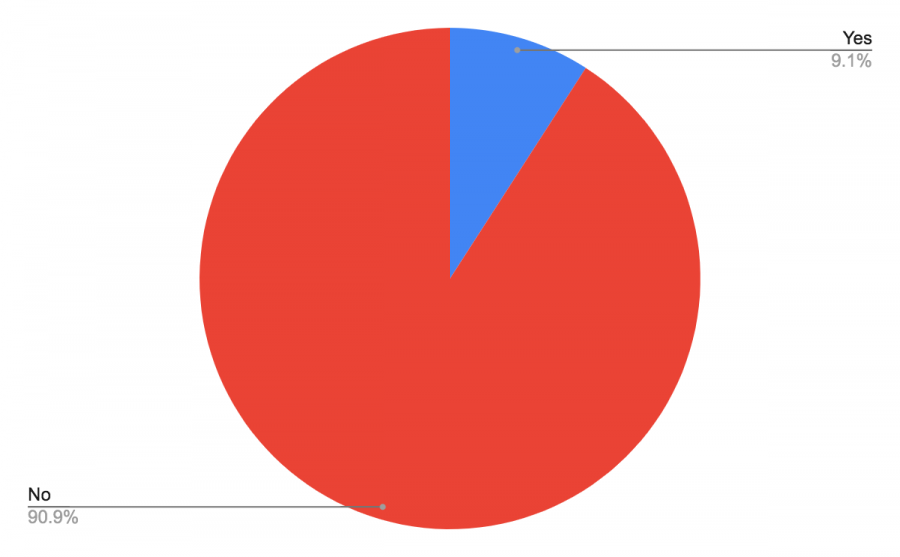Opinion: Students Should Not Be Required to Turn Cameras On
December 7, 2020
In a recent video sent out by administration, Monroe-Woodbury High School principal Mr. Kaste stated that a new board of education policy calls for cameras to be on during Google Meets.
I find this policy extreme and unnecessary, and I feel as though it only represents what a slim number of students want. Students are capable of deciding what’s best for them, and should be able to learn in comfortable conditions, which vary from student to student. I feel as though the district is overlooking the fact that students learn differently and many are uncomfortable being on camera.
Matthew Graves, sophomore class president, told me, “The administration did not take into consideration the student’s opinion. I believe that even though students would not like their cameras on, it would be beneficial to their learning experience and help teachers. That is why I think they didn’t ask the students. Because they knew the students wouldn’t like it.”
“It’s an invasion of privacy,” said junior Andrew Grunes. “Having a camera constantly pointed at your face for 25-plus other students to see is very different than being in a real classroom environment.”
Grunes isn’t the only one who complained about privacy. There is nothing stopping classmates from taking pictures of each other, and having student’s faces plastered online without permission. I have seen several social media posts from other high schools with pictures of students that were clearly taken without the person’s knowledge.
Having cameras on can make many students uncomfortable, and even potentially embarrassed. Many teens suffer from body image issues, or just insecurities that can become even more of a problem through a screen. And not everyone has a good home environment that they want other students or staff to see. There are so many personal issues students can face with this forced camera mandate. It would be better for everyone if those who didn’t want to have their camera on can have that comfort during this hard time.
Personally, as an all-virtual student myself, I liked not having to turn my camera on all the time. When I do have my camera on, it’s actually a bit of a distraction. I find myself focusing on my face in the box, instead of the teacher, and honestly, sometimes other people’s cameras and backgrounds can distract me as well.
It seems as though many, if not most, Monroe-Woodbury students agree with me. In an online poll of 274 Monroe-Woodbury students, only 25 thought our school should require cameras to be on. The other 249 students said that cameras should be optional.
The video was sent to all district students and families and included the district’s perspective. Some points made by staff in the video were that being on camera helps form a more comfortable and friendly learning environment. Another was that cameras will help students and teachers connect on a more personal level.
While I acknowledge that all of the points made in the video are good ones, I respectfully disagree. Can you really improve student-teacher relationships through a computer screen, and in a class of at least 20 other students?
This policy ignores the personal needs of students.
“Student’s comfort in the learning environment should come as first priority. The video that came out explaining the reasons for camera policy didn’t mention it at all,” said junior Chris Yarrington.
There are other ways to participate besides cameras. Sound can still be on, so if a teacher calls on you, you can answer. There is also a raise hand button and a text box. You can turn your mic on at any time and give input or ask questions. Cameras are not the only way to make sure students are participating, present, and engaged. Plus, if cameras are optional, students who benefit from having their cameras on can still do that.
Not only is comfort and privacy an issue, but the technology aspect causes issues, too. In class, my teacher’s and classmates’ screens kept switching between black and green for me. It only stopped when I turned my camera off. I thought it was only me until a different teacher mentioned he was having the same problem, which only stopped when he turned his camera off. I’ve seen many students complain about this glitch.
Of course, some students disagree.
“I believe that what’s best for people isn’t necessarily what they want,” said Matthew Graves.
However, in this situation, I disagree with Graves. Students are capable of deciding what is best for them. If they learn better without a camera, why should they be forced to change it now? If they do not feel comfortable having their camera on, they should not be forced to.
Mr. Kaste ended the video by saying, “Turn those cameras on. Remember, once we come back from break, the expectation is your camera is on.”
I believe the most beneficial approach is allowing students to choose whether or not they would like their camera on. There are so many other solutions to keep students engaged, and so many other compromises, instead of mandating cameras. The school district should listen to the students and change the mandate.
Students who are concerned about having their cameras on can contact their house principal.

